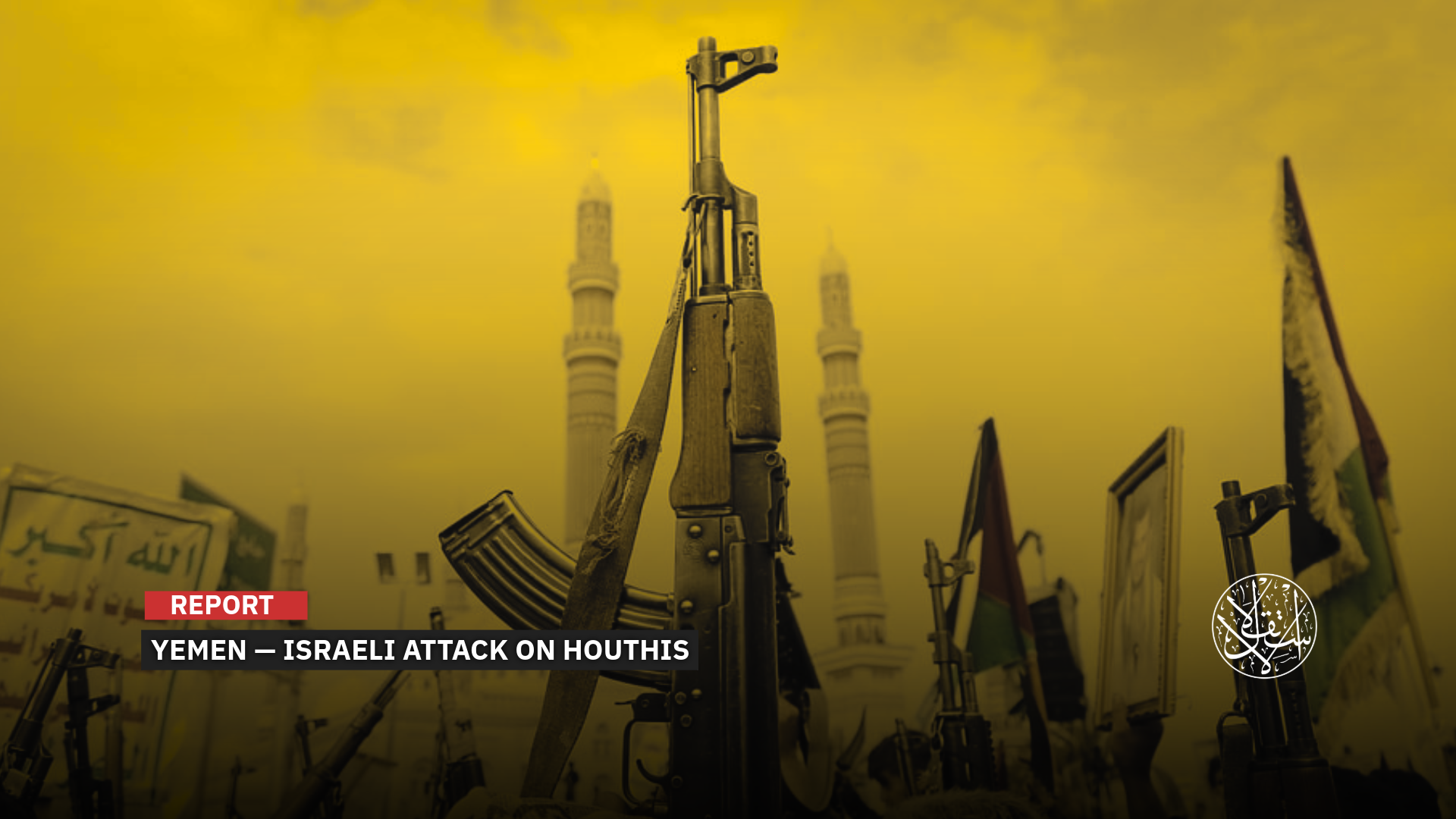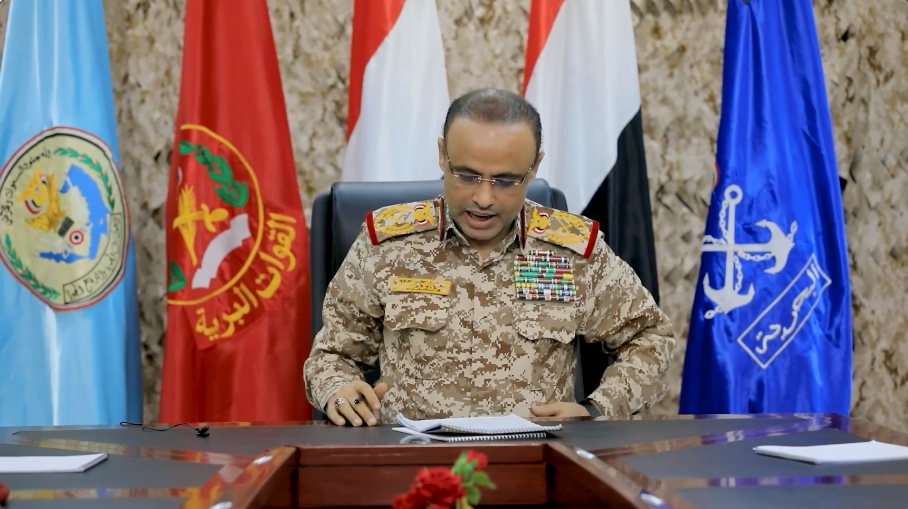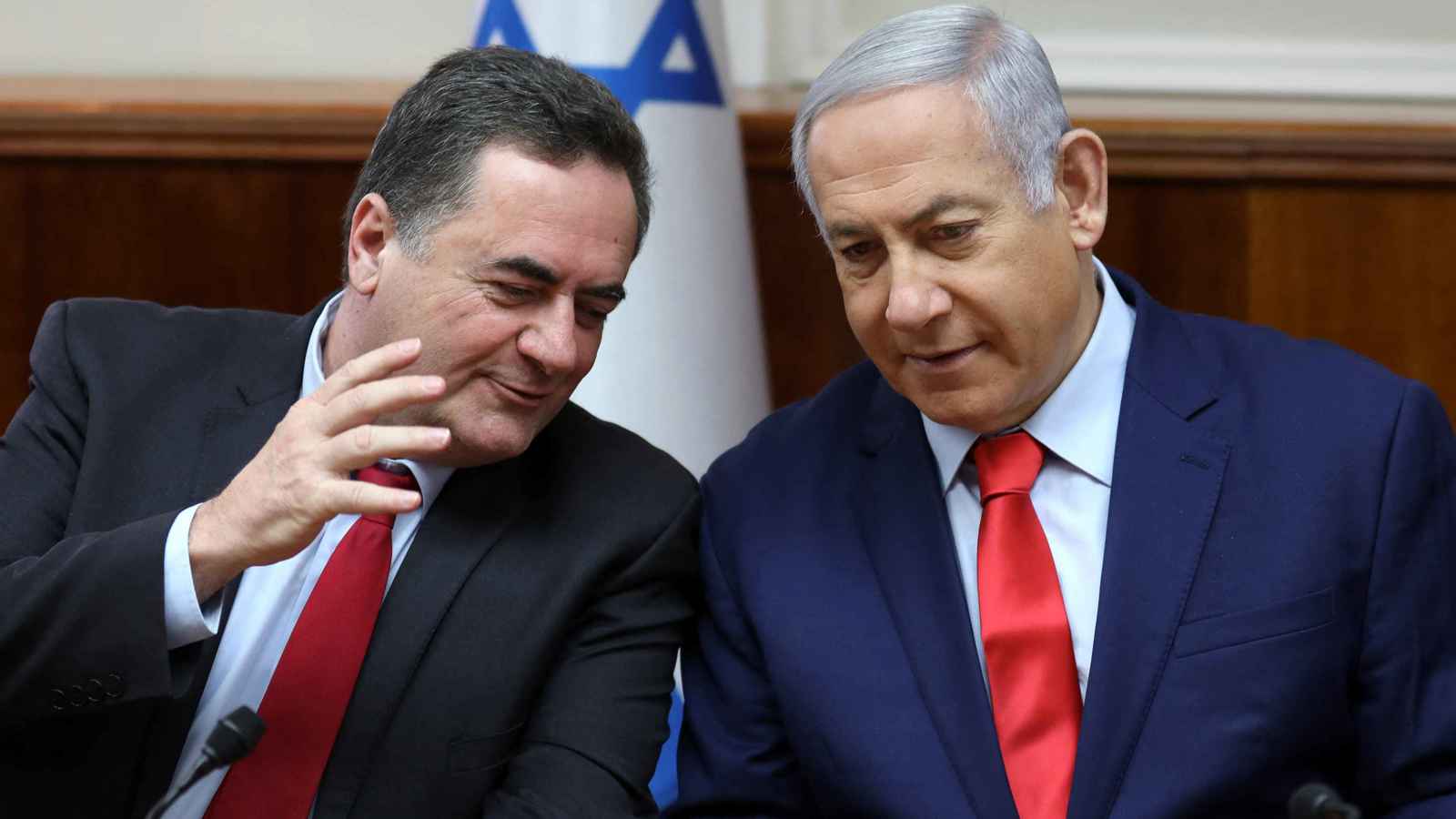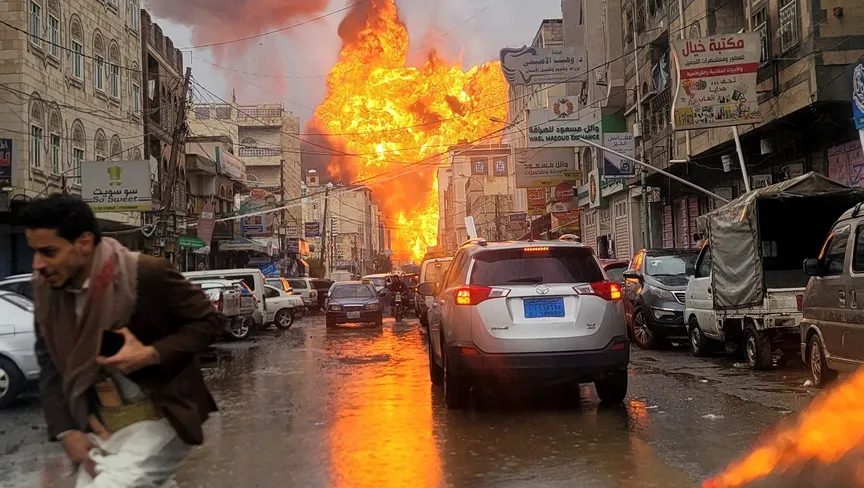Israeli Occupation’s Assassination of Senior Houthi Leaders: Strategic Shift or Tactical Move?

The Houthis vowed to retaliate against “Israel” and continue their attacks in support of Gaza.
“Israel’s” attack on the Houthi government in Sana’a (not recognized) raised questions about how far it has managed to penetrate the group and how the killing of senior officials could shape the fight.
On August 28, an Israeli airstrike killed Houthi Prime Minister Ahmed Ghaleb al-Rahawi, nine ministers, the prime minister’s chief of staff, and the cabinet secretary, according to Houthi officials.
The Houthis began attacking ships linked to “Israel” in the Red Sea in November 2023 and later expanded their campaign to missile strikes on Israeli Occupation territory. “Israel” responded with heavy bombardments of infrastructure, but the assassination of senior Houthi leaders marked a first.

‘Op Drop of Luck’
Despite confirming the August 30 strike killed several senior officials, the Houthis didn’t disclose a total death toll.
Khlaasa Net, citing unnamed Yemeni sources, reported at least 37 people were killed, including deputy ministers and senior military and security officials.
The Houthi presidency in Sana’a said “Israel” targeted the prime minister and several ministers during a routine government workshop to review performance over the past year.
It added that a number of ministers were wounded, some seriously, but insisted state institutions would continue to provide services regardless of the losses.
The statement reaffirmed the group’s support for Gaza and vowed to keep expanding its armed capabilities to meet what it called “all challenges and threats.”
Houthi Defense Minister Gen. Mohammad Nasser al-Atifi said in a televised statement that the group was prepared “at all levels to confront the Zionist enemy [the Israeli Occupation] backed by the United States,” shortly after news of the strike broke.
The Israeli Occupation military said on August 29 that it had targeted Houthi Chief of Staff Mohammed al-Ghamari and the group’s defense minister—though the Houthis denied they were killed—along with other senior figures, describing the strike as a precise blow against command-and-control centers in Sana’a.
“Israel’s” Channel 12 reported that the air force carried out the attack, dubbed “Op Drop of Luck,” focusing on a meeting of 10 senior Houthi commanders, including the group’s chief of staff.
The channel said the outcome of the strike, which coincided with a speech by Houthi leader Abdul Malik al-Houthi, was still under review. It added that Israeli warplanes launched more than 10 raids across Sana’a.
Israeli War Minister Israel Katz confirmed the assassination, calling it an unprecedented knockout blow against the Houthi leadership in a statement on August 30.

Wall Penetration
On the implications of “Israel’s” attack against senior Houthi leaders and the extent of its penetration into the group, Yemeni military analyst Mohammed Alkumaim said the attack was significant for its scale, its location, and the rank of those targeted, describing them as effectively “a full government with its prime minister.”
Speaking to Al-Estiklal, Alkumaim said the strike showed “Israel” had managed to pierce the Houthis’ leadership structure, despite the group’s efforts to avoid the errors it attributed to Iran and Hezbollah by tightly securing its movements and communications.
He argued that the Houthis’ failure lay in “Israel’s” technological and military superiority. “This is a major and consequential event,” he said, noting that the Israeli Occupation had concluded that hitting Yemen’s infrastructure would not change the group’s behavior and instead opted for a decisive strike on its leadership.
According to Alkumaim, the attack has disrupted the Houthis’ internal capabilities, with potentially serious consequences for the group’s military position.
As for the impact on the war, he said the next steps would depend on the Houthis themselves. “Will they continue striking Israel even though it serves no real deterrent purpose militarily, or will they bend as they did with the United States when they agreed to halt attacks in the Red Sea?”
“We don’t know if these Israeli strikes will be enough to stop them from targeting Israeli Occupation territory, or whether they will persist under Iranian direction.”
On December 24, 2024, Israeli War Minister Israel Katz openly warned that Tel Aviv would also pursue senior Houthi leaders, vowing, “We will strike [the Houthis’] strategic infrastructure and decapitate its leaders. Just as we did to Haniyeh, Sinwar, and Nasrallah in Tehran, Gaza, and Lebanon, we will do in Hodeidah and Sanaa.”
Previous Israeli attacks, however, had largely hit civilian infrastructure in Yemen, including ports, Sana’a airport, power stations, and fuel depots, on the grounds that they were being used by the Houthis.

‘New Course’
Yemeni writer Abdelwahab al-Awaj said “Israel’s” strikes raise a key question: Has Tel Aviv started building a precise Houthi target list, or was this just a one-off hit based on a fleeting intelligence lead?
In a column for the Yemeni outlet Belqees Net on August 29, al-Awaj argued that one of the biggest obstacles to such operations has been the absence of human penetration inside the group’s structure. Washington and Tel Aviv, he wrote, rely largely on technical intelligence, while the Houthis, drawing on the experience of Hezbollah in Lebanon and Iran’s Revolutionary Guard, have learned to disguise their movements by avoiding smartphones and other tools.
He noted that while the latest strike dealt a direct blow to the leadership structure, the Houthis are not dependent on individual commanders alone. Parallel institutions, such as the Supreme Command for Jihad and Liberation and the judiciary, act as pillars of the group’s ideological and organizational framework. These bodies provide religious and legal cover for decisions, enforce control, and suppress dissent, giving the group resilience even in the face of leadership losses.
The Houthis’ structure, he said, blends a hereditary religious leadership with military field command and administrative and financial management, reinforced by parallel institutions that create internal cohesion.
Moving from targeting infrastructure to striking leadership, al-Awaj argued, requires a multilayered intelligence network and regional and international cooperation. He added that the “decapitation” approach has become a fixture of “Israel’s operational doctrine” toward Iran’s proxies, raising the possibility of a similar strategy in Yemen if Tel Aviv can sustain penetration of Houthi intelligence.
“In this light,” he wrote, “the strike on Sana’a cannot be read simply as a tactical reaction to drone attacks but may signal the beginning of a new course.”
He concluded that the strike was “more than a circumstantial response and may represent the first step in building a Houthi target bank similar to what happened with Hezbollah in Lebanon.”
In response, Houthi authorities in Sana’a launched wide-ranging security investigations targeting prime ministerial staff, allies of former president Ali Abdullah Saleh’s family, and social media influencers, according to Alkhlaasa Net.
Sources
- Defense minister confirms Israel was behind killing of Hamas leader Haniyeh in Tehran
- Houthis confirm their prime minister killed in Israeli strike
- IDF reveals 12 Houthi ministers, officials killed in Yemen strike; fate of military leadership 'unknown'
- After the Strike on the Houthis: Retaliation Pledges and Strategic Moves Following the Killing of the Prime Minister and Senior Leaders [Arabic]
- Houthis preparing surprise for Israel – can IDF manage to destroy them first?
- Houthi Confusion After Sanaa Strike: Investigations Target Government Staff and Allies of Former President Ali Abdullah Saleh [Arabic]
- Has Israel Begun Building a Houthi Target Bank?[Arabic]
- The Houthis say the prime minister and several ministers were killed in an Israeli strike [Arabic]









